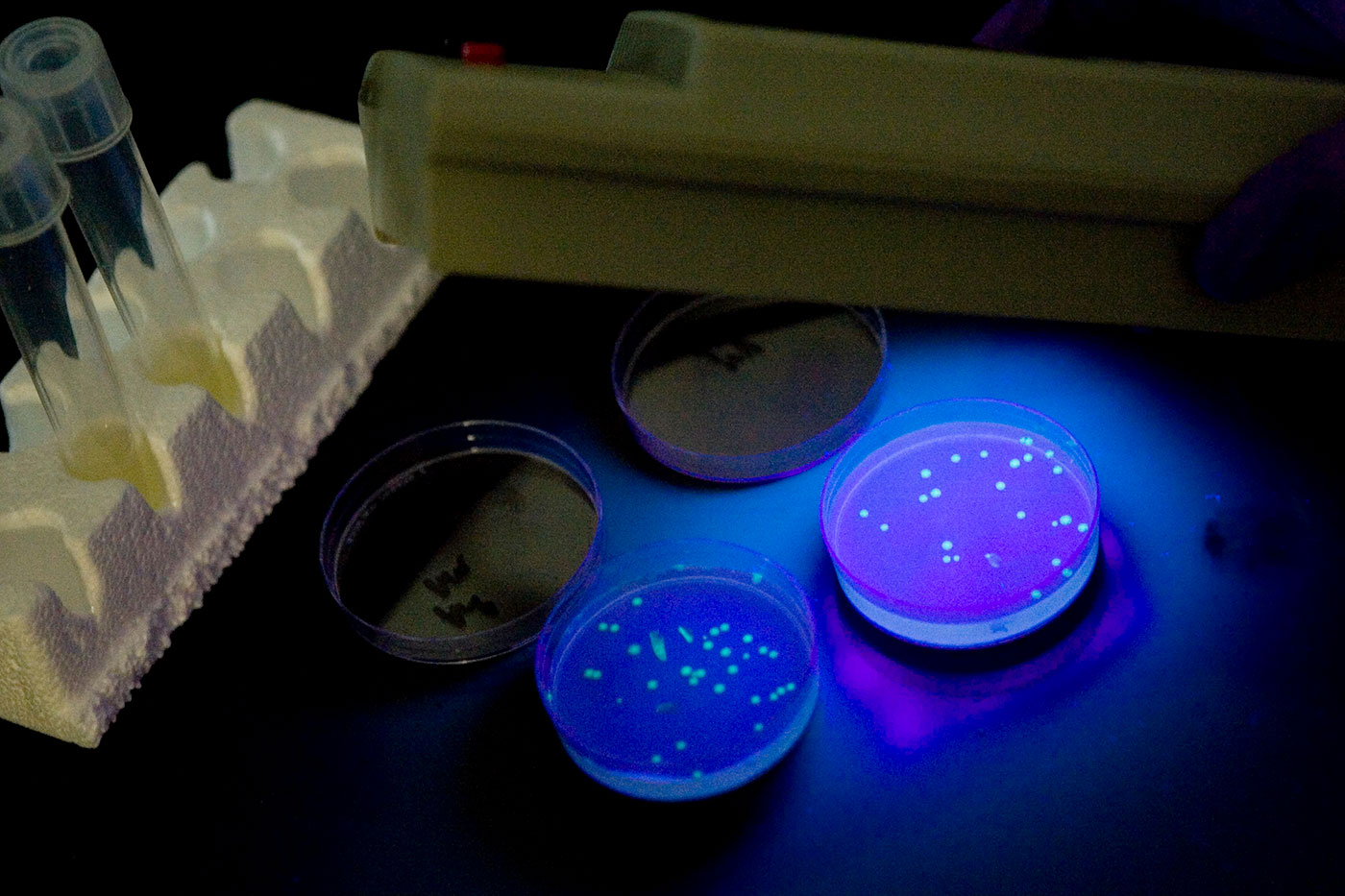MDIV at WakeDiv
Wake Forest University School of Divinity offers a learning community that benefits from the rich histories and traditions of Christianity while also welcoming the exploration and understanding of 21st-century concerns and challenges shaping our world. We equip students to engage in the changing social and religious landscape of our times and to gain awareness and practical experience addressing the leading issues facing churches in their local and global contexts.
Reimagined MDiv
Wake Forest University School of Divinity reimagined its Master of Divinity to provide a more integrative, interdisciplinary, and individualized theological education.
Plan of Study and Requirements
Want to know more about courses? You can view past course schedules and new course descriptions on our Academic Resources page. Selected course descriptions are also available in the Academic Bulletin.
| Course Number | Course Title | Credit Hours |
| BIB 521 | Old Testament Interpretation | 3 |
| BIB 541 | New Testament Interpretation | 3 |
| BIB | Biblical Studies Electives | 6 |
| HIS 501 | History of Christianity | 3 |
| THS 501 | Christian Theologies In Context | 3 |
| THS 521 or 522 | Foundations of Christian Ethics OR Introduction to Theological Ethics | 3 |
| CDS 501 | Social and Cultural Analysis | 3 |
| MIN 501 | Art of Ministry | 3 |
| MIN 511 | Practical Theologies for Social Change | 3 |
| MIN 602 | Internship Reflection Seminar | 3 |
| MIN 705 | Integrative Capstone | 3 |
| Spirituality Elective | 3 | |
| Interfaith Dialogue Elective | 3 | |
| General Electives | 30 | |
| Total credit hours | 72 | |
Accreditation Info
Wake Forest University is accredited by the Southern Association of Colleges and Schools Commission on Colleges (SACSCOC) to award baccalaureate, masters, and doctorate degrees. Questions about the accreditation of Wake Forest University may be directed in writing to the Southern Association of Colleges and Schools Commission on Colleges at 1866 Southern Lane, Decatur, Georgia 30033-4097, by calling (404) 679-4500, or by using information available on SACSCOC’s website https://www.sacscoc.org.
Wake Forest University School of Divinity is accredited by the Commission on Accrediting of the Association of Theological Schools in the United States and Canada, and the following degree programs are approved: Master of Divinity and Doctor of Ministry.
Dual Degree Options
Wake Divinity offers dual degrees pairing the Master of Divinity with the following graduate-level degrees.






